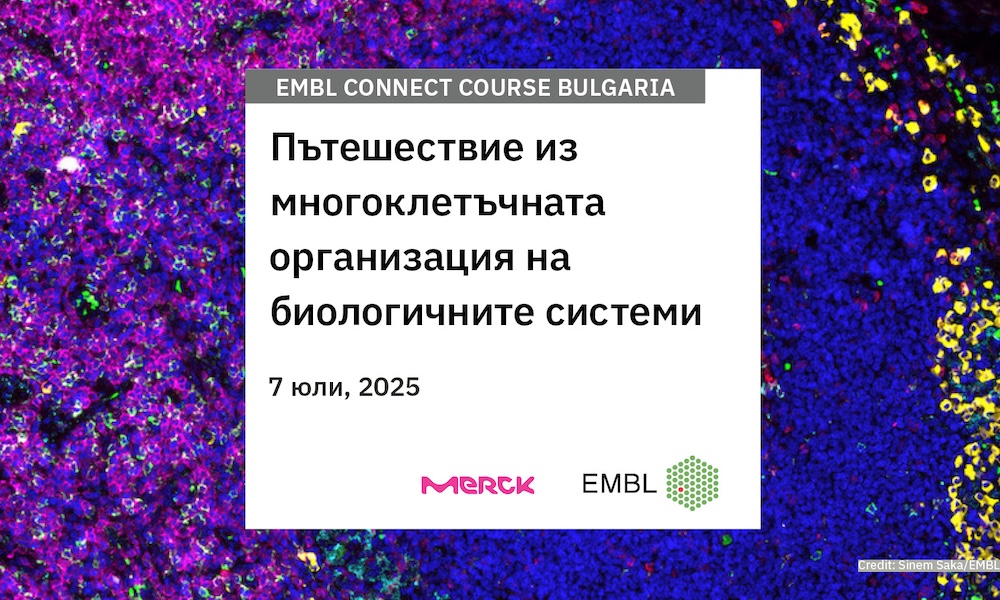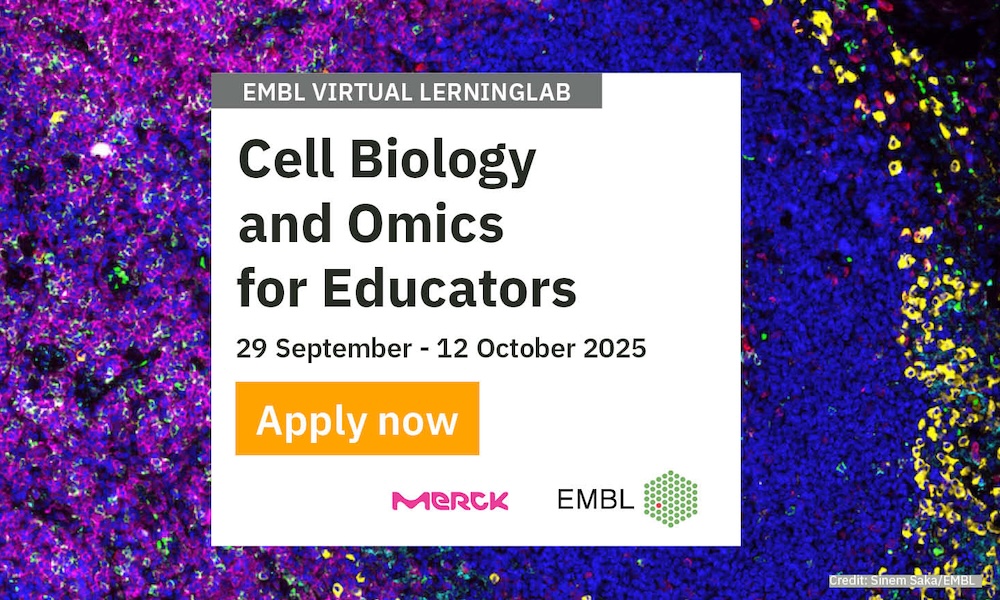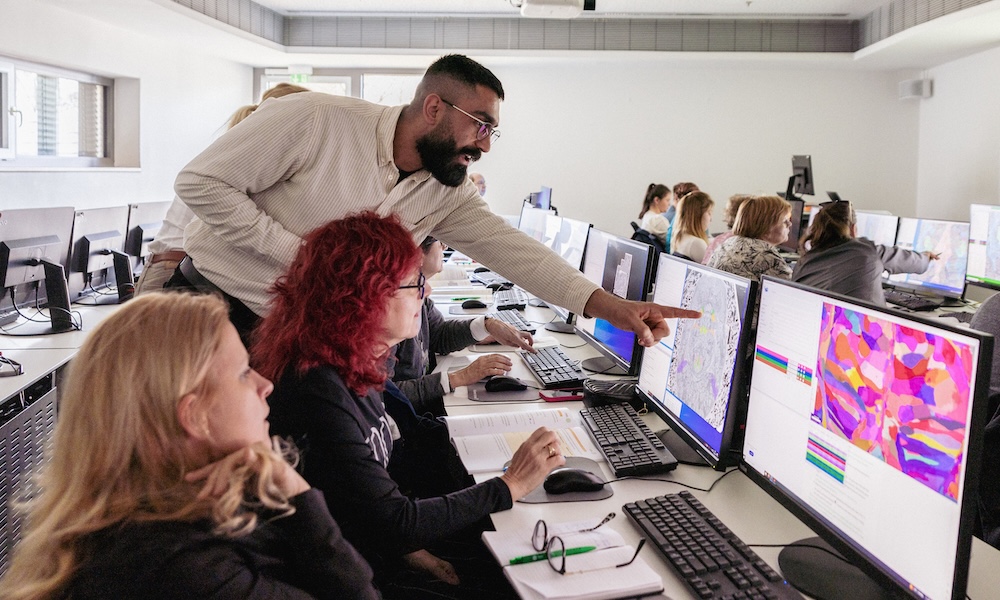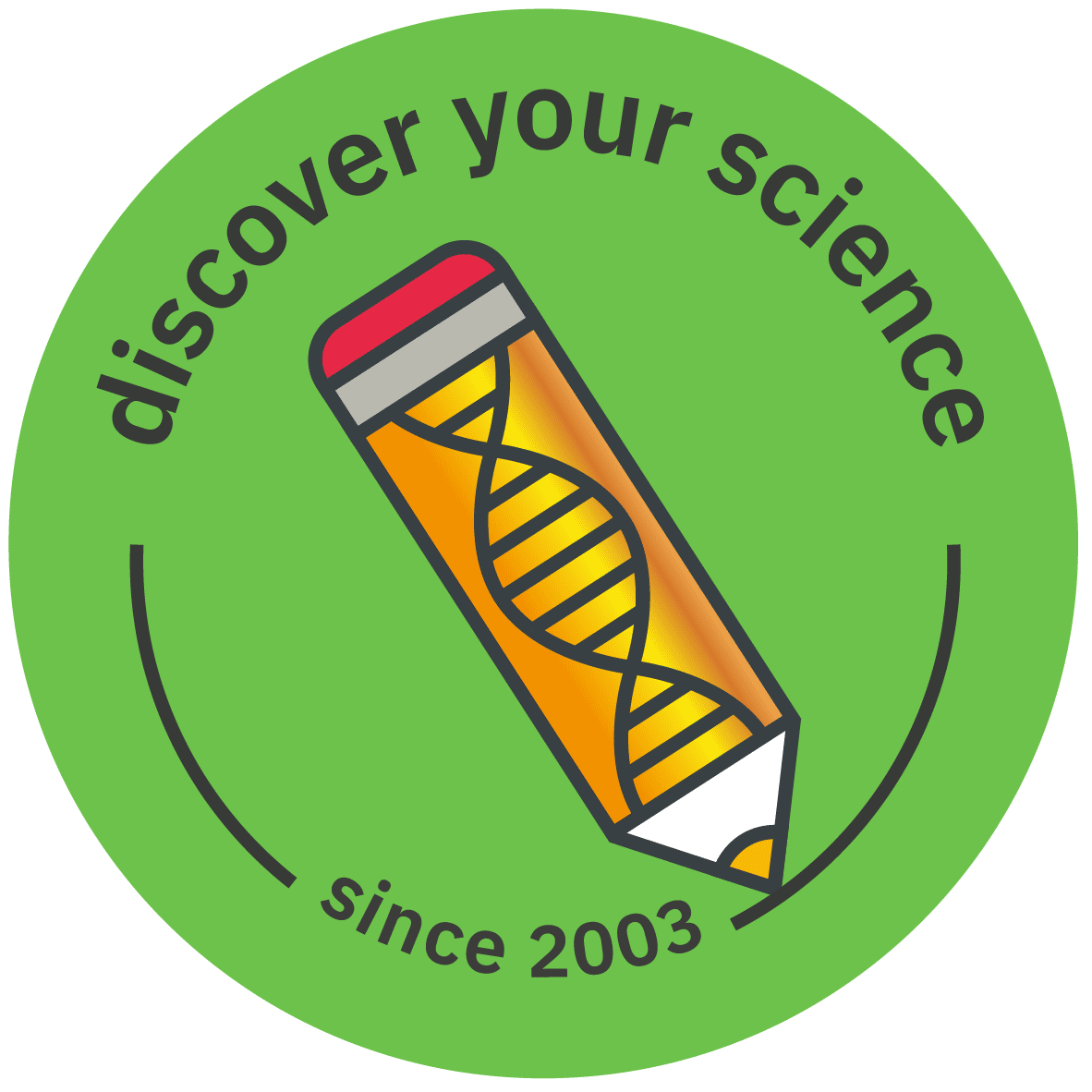
Learning about the cell cycle
Are you interested in learning about the cell cycle?
The cell cycle is a series of phases in the life of a cell – including the replication of the genome, cellular growth, the segregation of the chromosomes and cell division. It is a tightly controlled process to avoid damage to the genetic material which can result in developmental abnormalities and the formation of tumours.

On the nobelprize.org website you can play the interactive Control of the Cell Cycle Game and learn about the cell cycle check-points during cell division (mitosis).
Become the “Cell Division Supervisor” and help respond to the cell division signal as some cells in the tissue have died and need to be replaced.
But make sure everything happens in the right order, otherwise….
The Nobel Prize in Physiology or Medicine 2001 was awarded to Tim Hunt together with Leland Hartwell and Paul Nurse ‘for their discoveries of key regulators of the cell cycle’.

You can read an Interview with Tim Hunt in the journal Science in School. He talks about his passion for science, the importance of pure research, the influence of enthusiastic colleagues – and the role of serendipity in scientific discovery. You can find the interview here.
Did you know that EMBL scientists even have developed a new technique which allows them to study cell division without cell membrane?
You can read a press release on “The cell that isn’t” and watch the video below to look at chromosomes (red) being pulled apart by the spindle (green). But remember: it’s not a cell, because there’s no cell membrane. The new technique developed by Ivo Telley from EMBL in Heidelberg, Germany, and colleagues, allows scientists to study cell division without cell membrane.
[youtube=http://youtu.be/7krCUBuHvpw&rel=0]



